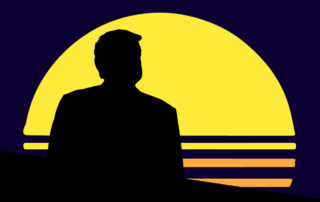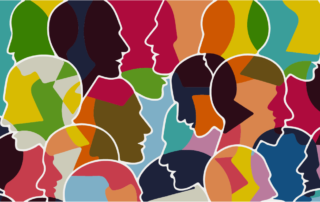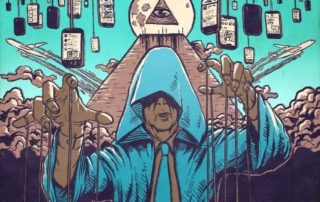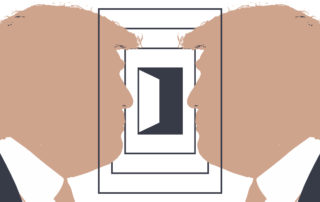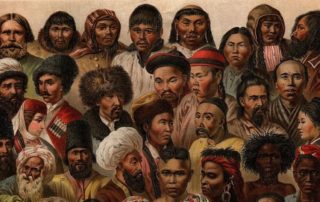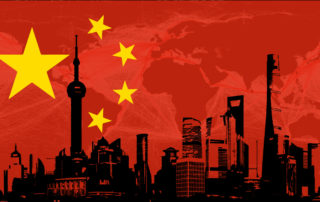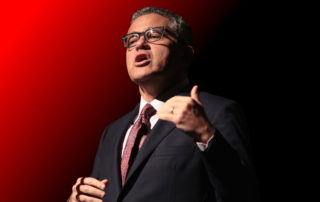Who’s the Chump?
The fundamental principle of any free society is that for every legal or moral right there is a corresponding duty. That applies to everyone, regardless of rank.
The Ethics of Belief: It’s not just Trump supporters who believe wrongly—it’s all of us
Many of people’s most cherished beliefs—on important matters such as religion, health, science, ethics, justice, and more—are not based on strong evidence.
Globalization: A Prose Poem
By: Dan Corjescu Globalization is conquest and surveillance. The exuberance, greed, curiosity, cruelty, racism, ignorance, and sundry lusts for power,
Conspiracy Theories
What are conspiracy theories? Should we ever accept one? If so, when?
The Unpardonable President
By: Dennis Rohatyn Can a President pardon himself? No way. Then why is there even an issue? What’s all the
Reflexive Justice
By: Dennis Rohatyn When Judge (now Justice) Amy Coney Barrett was confirmed by the Senate for a seat on the
An Incautious Defense of Optimism
By: Dan Corjescu (Optimistically dedicated to Steven Pinker) In a world suffering from a global pandemic, it would be both
Systems of Culture: Redefining the Current Debate
By Glen Paul Hammond “The very idea that cultural practices belong to racial groups misunderstands both race and culture.” —Richard
War, Peace, Wealth, and Recognition
By: Dan Corjescu Is the world making more love than war these days? And if so why? It is a
The Ecstatic Agony of Jeffrey Toobin
Mr. Toobin is a celebrity. Therefore, he has no right (as it were) to lower himself to our level or at least not in such a way that we are made aware of it. Discretion is the better part of ardor, especially for those in the public eye. Since those who wield power (control over other people’s destinies) belong to the priestly caste of society, they must relinquish the life of the peasant in exchange for their rank as sanctified members of the hierarchy. The peasant is no better than an animal; the priest must not descend to the level of the peasant, or be witnessed doing so, lest the peasantry become disillusioned, and begin to question their lack of status, let alone, rebel against priestly authority. That violates the tacit social contract (or unstated Freudian bargain) that we make with our living symbols of supernal grace.

